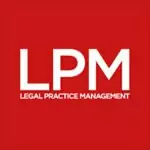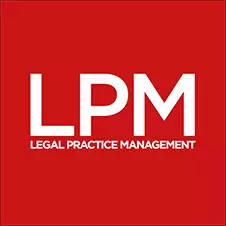Controlling interests by Nigel Kidwell, Paragon LawSelect
This article was also featured as a column in the May 2016 issue of LPM. To read the issue in full, download LPM.
Lawyers rarely give evidence. I suspect that most of us who have say the same thing: it isn’t the most enjoyable of pastimes. It is, though, sometimes unavoidable. One such occasion was just last month, when I was needed to give evidence about a meeting three years ago with a former client over what was or was not agreed over outstanding fees due to their then solicitors.
It was a credit control issue, taken to its natural limit. Good credit control systems should mean proceedings against clients are infrequent – and neither poor credit control, nor excessive pusillanimity in facing up to clients over sums due avoids litigation.
Debts not actively chased tend to lead clients to form the view that there was a defect in the service provided. If, after prolonged inactivity, the debt is pursued, the client will not only have already written it off in their heads and/or in their accounts, they will also have had plenty of time during which to develop imaginative reasons for why they shouldn’t really have to pay for the services provided.
They may even have persuaded themselves that, in fact, they are the injured party because the work done was negligent, and that they should be the ones pursuing a claim.
Robust credit control is of course centrally important to cash flow. It is also, though, an essential element of any risk management procedure. Polite and prompt persistence usually yields some kind of acknowledgement of the debt, even if it doesn’t get the debt swiftly paid. Credibility with a judge (should it come to that) is enhanced by early action. Justifiably or otherwise, there is a view widely held by solicitors that courts are more willing to sacrifice their interests over those of others. It is a question of minimising the scope for that to happen.
Ultimately, there is no such thing as a good client who doesn’t pay. Balanced but firm credit control procedures do not have a downside: they’re better for the firm’s cash position, better for the profit and loss account, better for the claims profile, and better for winkling out the time wasters along the way.
And the outcome of my evidential foray? I am pleased to report that my side’s evidence was preferred, the judge making no finding of dishonesty on the part of the former client: just “an ex post facto rationalisation of what they thought should have happened.” One up to the solicitors – I think …



